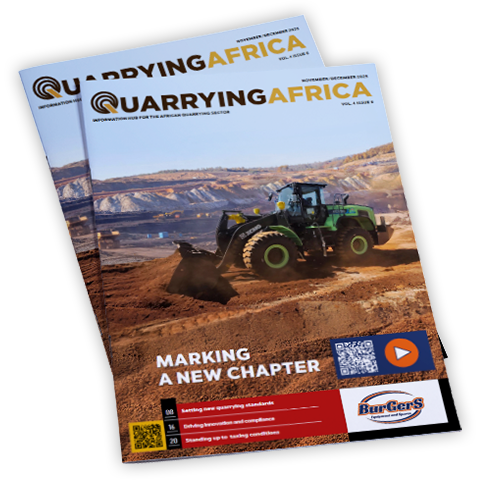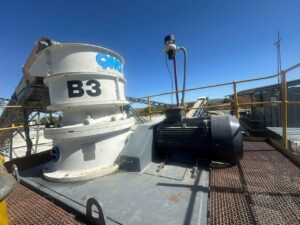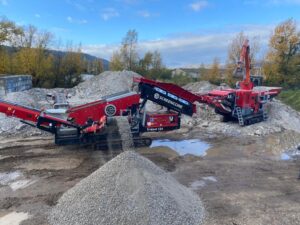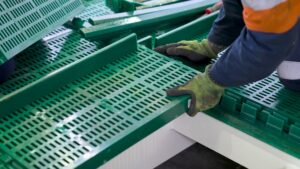A recent global safety report for mining indicates a gradual but steady improvement in mine safety, with a total recordable injury (TRI) frequency rate at a low 2,90 – down from 5,07 just a decade ago.
The Safety Performance Report by the International Council on Mining and Metals (ICMM) benchmarked the progress of its members during 2021. The ICMM noted that the industry has focused on “operational, cultural and leadership transformation” in reducing fatalities in recent years.
Blasting solutions specialist BME has concurred that a growing safety culture is a major factor behind positive safety trends in mining, as well as uncompromising compliance with strict safety protocols. According to Ramesh Dhoorgapersadh, GM for Safety, Health, Environment, Risk and Quality (SHERQ) at the JSE-listed Omnia Group company, safety must be ingrained into every activity, in line with recognised standards and procedures.
“The blasting philosophy of BME is expressed through our innovative products and leading initiation technologies,” says Dhoorgapersadh. “This also means aligning our policies with customer’s own safety protocols and broader regulatory requirements.”
This includes careful adherence to the regulated distances between communities and blasting sites. He highlighted that internationally accepted standards are stringently applied to ensure the safety of communities adjacent to mining areas. These protocols address any possible hazards from blasting such as ground vibration, airborne dust or flyrock.
Tinus Brits, BME’s global product manager – AXXIS, explains that electronic detonation systems play an important role in achieving safe blasting. They allow detonators to be accurately initiated within milliseconds of each other, staggering the energy release rather than having five or six holes detonating at the same time. Reducing the charge mass per delay thereby reduces the resulting vibration.
“We design our electronic detonators in such a way that key blast impacts are both measurable and predictable,” says Brits. “With our integrated blast planning software, mines can simulate each blast before it is implemented – so that they can predict aspects like ground vibration to ensure it will be within the required parameters.”
He emphasises that mines apply world-class standards in this regard, such as the United States Bureau of Mining (USBM) blast-induced ground vibration criteria. These include the requirement that any blasting in the vicinity of communities, structures houses, roads or other receptors requires a minimum safety radius. Where BME conducts blasts on behalf of customers, therefore, it applies a blasting radius of one kilometre away from any persons or communities, and 500 m from any material that might be negatively affected.
“For every blast, seismographs are then used to measure the resulting ground vibration and air blast,” he says. “This confirms that the blast did indeed achieve the simulated design parameters, to fall within the regulated limits.”
These vibration reports can confirm that a mine’s blast was fully compliant with relevant standards or regulations, should there be a need for a mine inspector to investigate any blast-related incident.
While a range of safety protocols may be in place to comply with regulations, Dhoorgapersadh notes that human behaviour is still the cause of incidents that could be avoided. This requires that mines and their suppliers continue to foster a culture of safety that brings behaviour into line with systems.
“BME’s Safety for Life brand, for instance, priorities the safety of employees, communities and the environment,” he says. “By ingraining a safety culture, we can apply and embed our safety learnings wherever we operate.”
As a result, BME can boast a recorded case rate (RCR) of just 0,15% – a world-class rating that places it among South Africa’s best safety performers, and a leader in its industry segment. BME has also been recognised at the Chemical and Allied Industries Association (CAIA) Awards for its safety, health and environment (SHE) performance.






